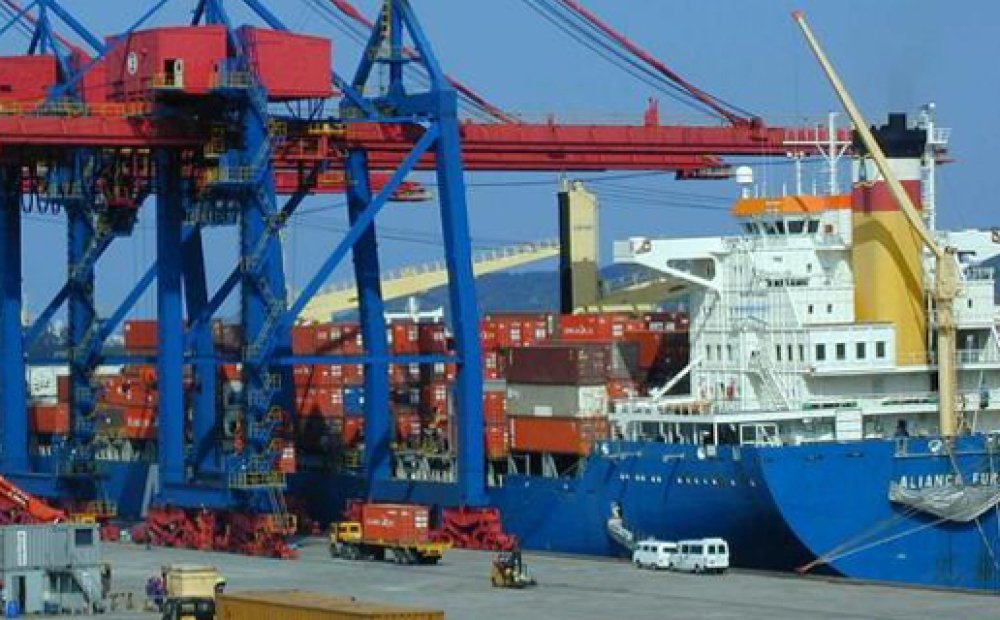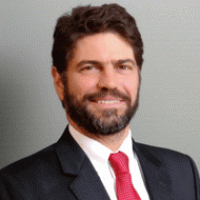Incentives and Challenges for Foreign Direct Investment in Infrastructure and Strategic Sectors in Brazil

Despite a lackluster performance of the economy in the two-and-a-half years of the Dilma Rousseff administration, Brazil remains a top destination for foreign direct investment. This year, the country has attracted $5 billion per month in FDI and is on track to repeat 2012, with an expected FDI inflow of approximately $60 billion, one of the world’s largest, after China and the United States. The bulk of these investments are being directed, however, to companies and activities geared to responding to demands for products and services of the nation’s growing middle class rather to strategic sectors vital to improve the country’s productivity and competitiveness and add quality to its economy.
In view of this disconnection, and mindful of the intensification of the Brazil – U.S. dialogue in anticipation of President Rousseff’s state visit to Washington, D.C. this Fall.
On Monday, June 10 the Brazil Institute, in partnership with the Brazil – U.S. Business Council will host a conference featuring João Carlos Ferraz, a senior director at the National Bank for Economic and Social Development (BNDES), who will keynote the event. An expert in industrial organization and competitiveness, innovation and business strategies, as well as financing and production development policies, Ferraz will speak on the BNDES actions in support of Rousseff’s economic policy, which have been a topic of intense debate in Brazil and abroad. A select group of experts from the private and public sectors will join the discussion.
Speakers



Hosted By

Brazil Institute
The Brazil Institute—the only country-specific policy institution focused on Brazil in Washington—aims to deepen understanding of Brazil’s complex landscape and strengthen relations between Brazilian and US institutions across all sectors. Read more
